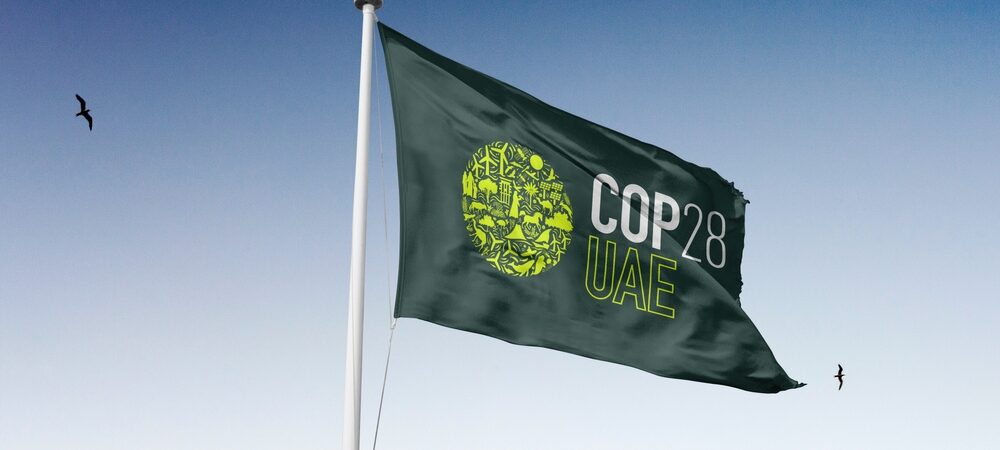In June 2022, at the WTO’s 12th Ministerial Conference (MC12), the entire WTO membership recognized that the world is facing “global environmental challenges including climate change and related natural disasters, loss of biodiversity and pollution”. It also noted “the importance of the contribution of the multilateral trading system to promote the UN 2030 Agenda and its Sustainable Development Goals, in its economic, social, and environmental dimensions, in so far as they relate to WTO mandates and in a manner consistent with the respective needs and concerns of Members at different levels of economic development”. This acknowledgement came after an increased level of discussions at the WTO’s Committee on Trade and Environment (CTE) and other WTO bodies, and initiatives on how trade and trade-related policies could be harnessed and better aligned with climate objectives.
The WTO’s Environmental Database (EDB), available via the WTO website, shows that WTO members, from all regions and stages of development, are increasingly using trade-related policies as part of their climate action toolbox. From 2009 to 2021, members notified to the WTO more than 5,000 measures with climate-related objectives. About 40 per cent were notified by developing members. WTO bodies and notification tools offer extensive opportunities, therefore, for governments to exchange views and experiences, learn from each other and develop best practices on a range of trade-related policy tools that can contribute to effective climate action.
Following the publication of the WTO Secretariat’s 2022 World Trade Report, which focused on the complex relationship between trade and climate change, Trade Policy Tools for Climate Action seeks to highlight key trade-related policies being used, or that could be used, by governments to mitigate the effects of climate change or to adapt to its consequences.
The policy tools set out in this publication are simply intended to be a source of information and possible inspiration, amongst others, for policymakers to draw on in pursuit of their domestic climate mitigation and adaptation plans. They are purely voluntary in nature, and the publication does not seek to evaluate what the most appropriate or efficient policy tools might be for governments, individually or collectively.
As a contribution to the discussions at COP28, taking place in late 2023, on how trade can be a key part of the solution to the climate crisis, the aim of this publication by the WTO Secretariat is to provide information that will assist the debate going forward.
tptforclimataction_e
To access the summary, as well as a chapter directory posted by the WTO, click here.
To read the full publication, click here.

